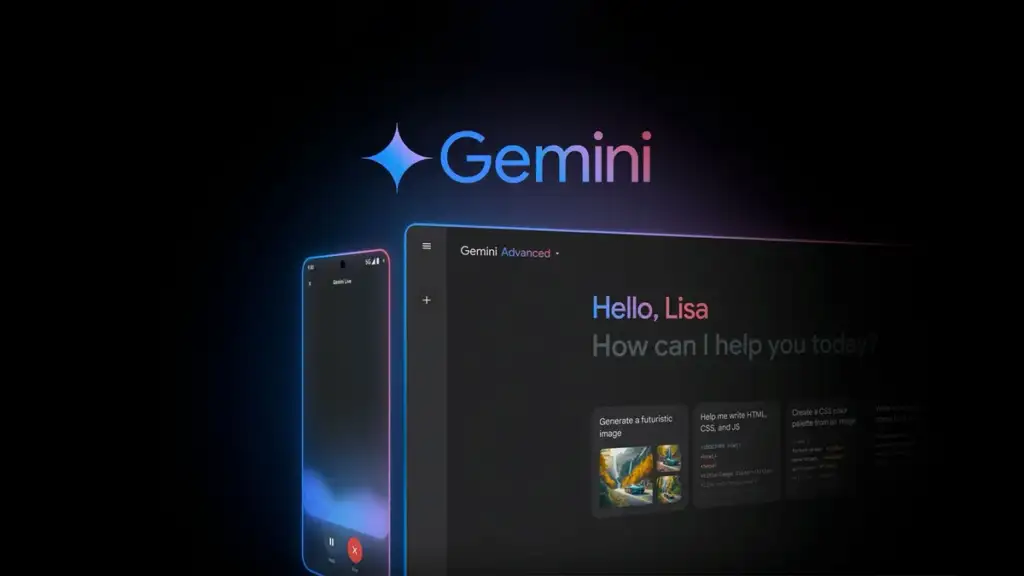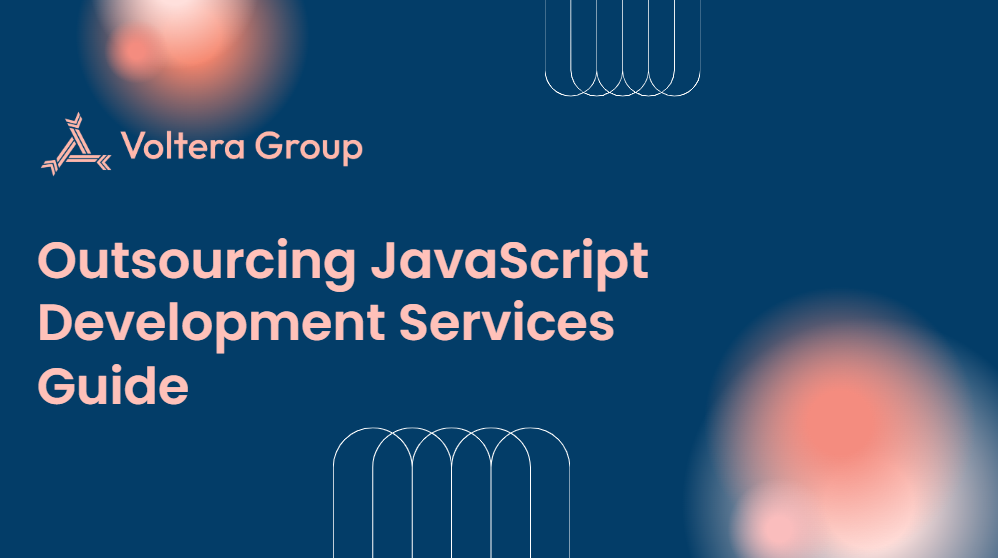In a world where technology is evolving faster than ever, our interaction with devices is undergoing a profound transformation. A significant shift has been the rise of artificial intelligence (AI), reshaping everything from personal assistants to entire ecosystems of products. At Voltera Group, we recognize the pivotal role AI plays in enhancing user experiences and streamlining operations. As part of this evolution, Google has made a bold move with the introduction of Gemini—an advanced AI system set to replace Google Assistant as the new brain behind Android devices.
This isn’t merely an upgrade; Gemini is a complete reimagining of what AI can be on a smartphone. Powered by cutting-edge machine learning, Gemini is deeply integrated into the Android ecosystem, promising to be an intuitive companion that understands context, adapts to user behavior, and evolves with each interaction. This shift resonates with our mission at Voltera Group, where we strive to leverage innovative technologies to enhance user engagement and operational efficiency.
The Rise of Gemini: A Leap Forward in AI
Google Assistant, first introduced in 2016, was revolutionary in its time. It brought voice-controlled assistance toa
Google Assistant, introduced in 2016, revolutionized voice-controlled assistance, enabling users to set reminders and control smart homes. However, with AI technology rapidly advancing, Google recognized the need for a more sophisticated system capable of truly understanding user intent and context. Enter Gemini.
Gemini isn’t just an incremental update; it represents the next generation of AI, pushing the boundaries of what’s possible in user interaction. This aligns closely with Voltera Group’s commitment to harnessing AI to create smarter, more responsive products and services for our clients.
millions of Android devices, helping users with everything from simple tasks like setting reminders to more complex actions like controlling smart homes. However, as AI technology progressed, Google recognized the need for a more sophisticated system capable of truly understanding user intent, context, and providing proactive solutions. This is where Gemini comes into play.
Gemini isn’t just an incremental update to Google Assistant; it’s a complete reimagining of how AI functions on Android devices. Designed to be more intelligent, adaptable, and seamlessly integrated with the Android ecosystem, Gemini represents the next generation of AI, pushing the boundaries of what’s possible.
Key Features of Gemini
Deep Learning Integration:
Gemini leverages cutting-edge deep learning algorithms that allow it to interpret user commands with remarkable accuracy. At Voltera Group, we see the potential for similar applications in our projects, where understanding user intent is crucial for delivering personalized experiences.
Contextual Awareness:
Unlike its predecessor, Gemini learns from user interactions, gathering data that informs its responses. This capability aligns with Voltera Group’s approach to developing solutions that adapt based on user behavior and environmental factors, enhancing overall efficiency.
Multimodal Capabilities:
Gemini’s ability to process inputs through voice, text, and visual cues exemplifies the future of user interaction. This multimodal approach resonates with our commitment to developing versatile solutions that cater to diverse user needs across various platforms.
Tighter Integration with Android Ecosystem:
Gemini’s seamless integration into the Android OS allows for real-time responses and smarter interactions. At Voltera Group, we prioritize integration as a core aspect of our product development, ensuring that our solutions work harmoniously within existing ecosystems.
Personalized Experiences:
At the heart of Gemini is personalization, adapting to user preferences over time. This concept aligns perfectly with Voltera Group’s mission to create tailored experiences that resonate with users and drive engagement.

The End of Google Assistant: Why the Shift?
The transition from Google Assistant to Gemini represents a strategic shift in Google’s vision for AI. While Google Assistant served its purpose well for nearly a decade, it became apparent that as technology advanced, so too did user expectations. AI needed to move from reactive to proactive, from voice-commanded to context-aware, and from a standalone service to an integral part of the Android experience.
Google’s shift towards Gemini was driven by several factors:
AI Maturity: AI has grown more sophisticated. Google saw the potential in next-gen AI models to do more than just answer questions—they can now predict user needs and assist in ways we hadn’t thought possible.
Competitors’ Advancements: With companies like Apple, Amazon, and Microsoft advancing their own AI systems, Google needed to innovate to stay ahead. Gemini represents a leap beyond what competitors offer, positioning Google as the leader in AI-powered smartphones.
User Expectations: Modern users expect more from their devices. They want systems that learn from them, adapt to their habits, and offer personalized, meaningful interactions. Google Assistant couldn’t fully meet these evolving needs, but Gemini does.
What This Means for the Future of Android
Gemini is more than just an upgrade; it marks the beginning of a new AI-first era for Android. It’s paving the way for more intuitive, personalized user experiences and deeper integration with not just smartphones but the broader Google ecosystem, including wearables, smart home devices, and cloud services.
Android users can look forward to:
Smarter Home Integration: With Gemini at the helm, smart home control will become more seamless. From adjusting lighting based on your schedule to offering real-time suggestions for your connected devices, the possibilities are vast.
Better App Interactions: App developers will have the opportunity to tap into Gemini’s AI features, creating apps that can predict user behavior and provide more tailored experiences.
Improved Security and Privacy: AI-driven features often raise concerns about data privacy, but Gemini is built with security in mind. Google promises that Gemini will handle personal data responsibly, providing transparency in how user data is used and stored.
What This Means for the Future
Gemini heralds a new AI-first era for Android, paving the way for more intuitive and personalized user experiences. For Voltera Group, this evolution presents numerous opportunities:
Smarter Home Integration: With advancements like Gemini, the potential for seamless smart home control is immense. At Voltera Group, we aim to develop solutions that enhance this integration, improving user interaction with connected devices.
Better App Interactions: As app developers harness Gemini’s AI capabilities, Voltera Group is poised to create applications that predict user behavior and provide tailored experiences, further solidifying our place in the tech ecosystem.
Improved Security and Privacy: While AI-driven features raise concerns about data privacy, Gemini is built with security in mind. At Voltera Group, we prioritize responsible data handling and transparency in all our projects, ensuring user trust and safety.
In summary, as Gemini sets a new standard for AI interaction on Android, Voltera Group remains at the forefront of leveraging such innovations to enhance our offerings, ensuring we continue to deliver exceptional value to our clients and users alike. The future is bright, and we’re excited to be part of it.





